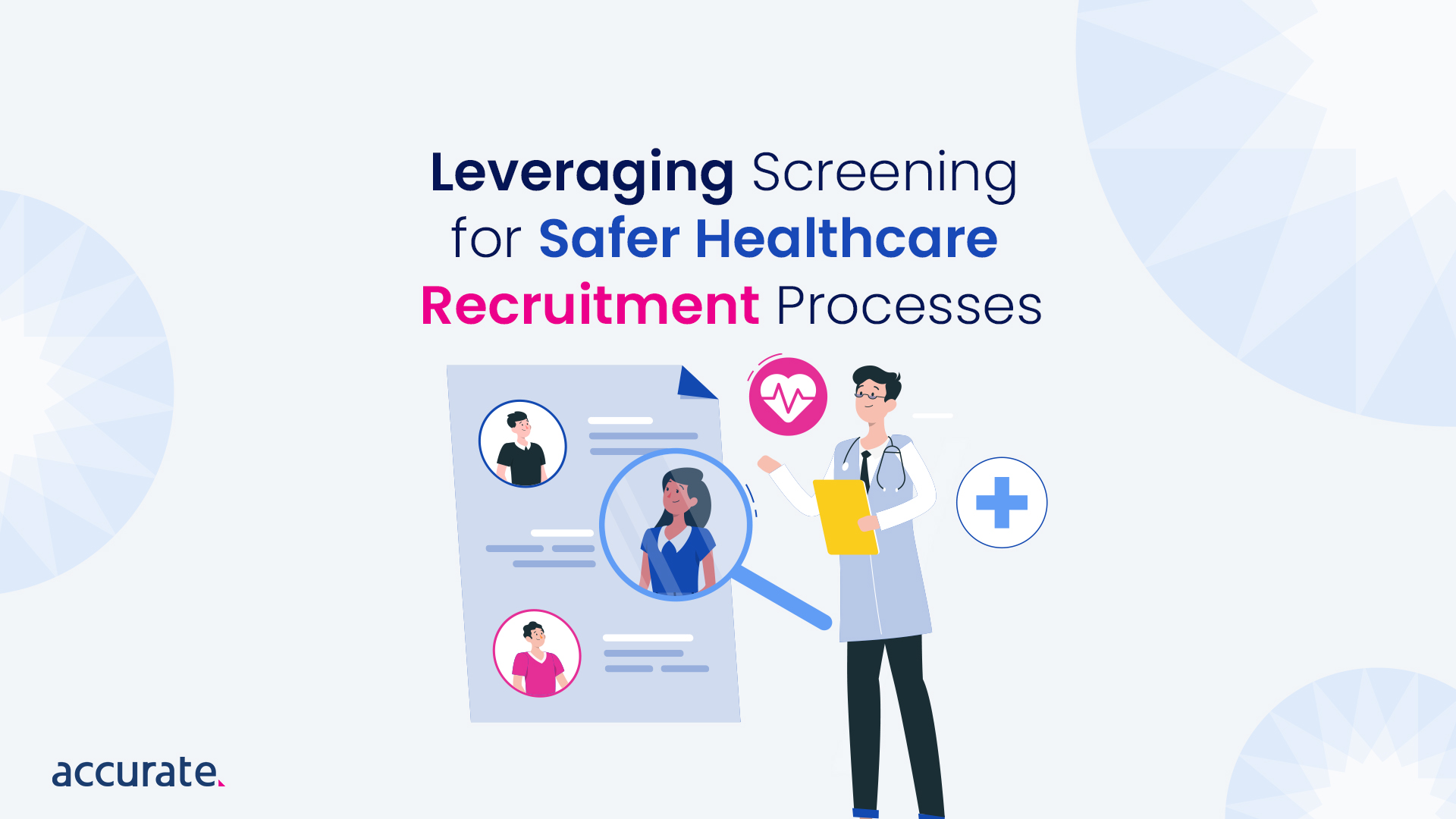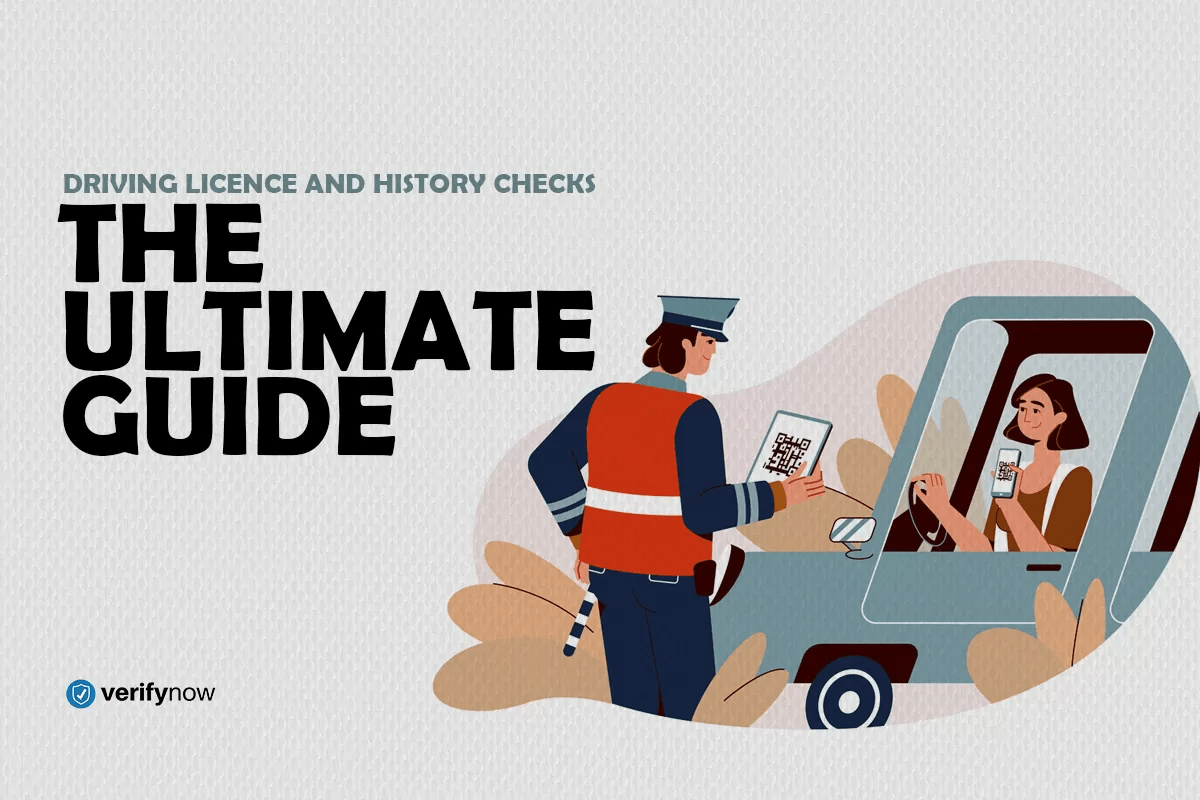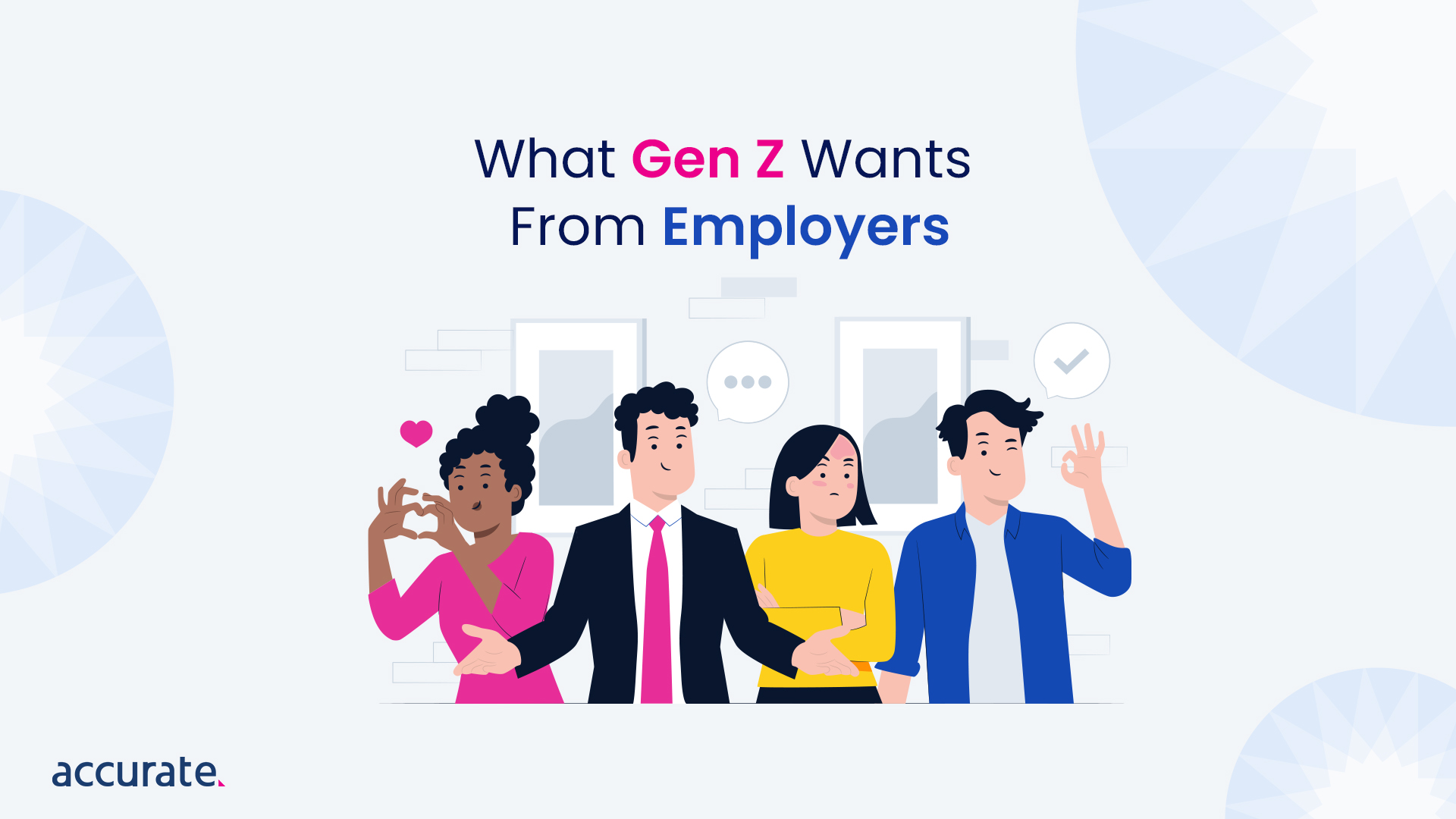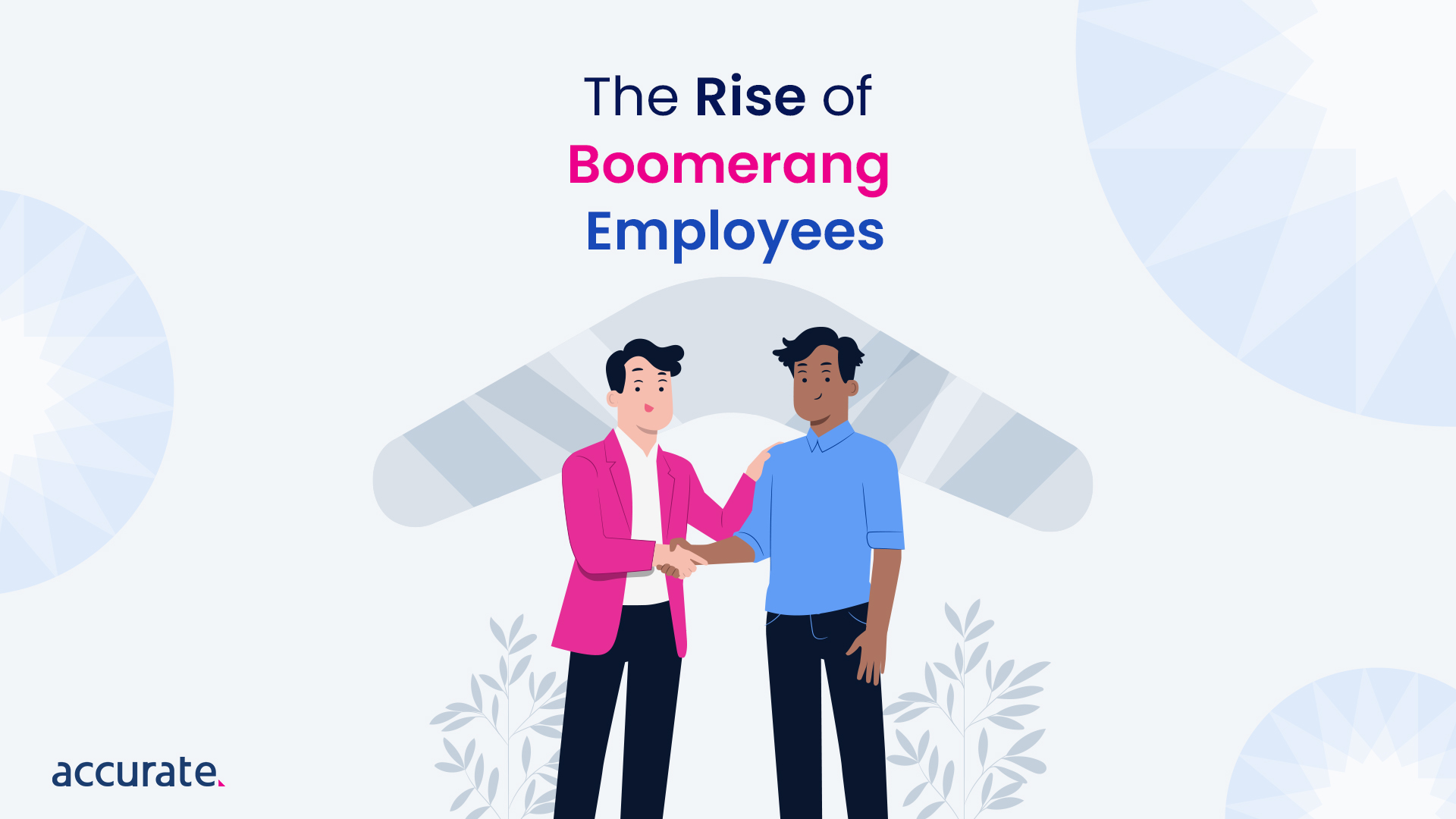Healthcare is one of the most high-risk industries in the world. In Australia, patient trust, safety, and care are responsibilities that require attention in practice and recruitment.
Background screening is a powerful tool for recruiting reliable, qualified, safe professionals. Through thorough background checks, healthcare providers can reduce risk, comply with regulations, and build a workforce that patients and their families can trust.
Let’s see how background screening can change healthcare recruitment—and why it’s non-negotiable for safe and ethical workplaces.
Why Background Screening is Mandatory in Healthcare
1. Patient Safety
Healthcare professionals work with vulnerable populations, including children, the elderly and people with health conditions. A candidate’s background must be thoroughly checked for any history of unethical behaviour, malpractice or criminal activity. It’s all about preventing avoidable risks and offering a safe environment for patients.
For example, criminal record checks will reveal past misconduct or legal issues that can put patients at risk. At the same time, sanctions screening can show if candidates have been barred from practising due to malpractice or negligence.
Did you know? One in five healthcare candidates fail background checks due to qualifications or criminal history discrepancies.
2. Quality of Care
The quality of care patients receive is tied to the competence and expertise of healthcare professionals. Credential checks and qualification verification ensure candidates have the skills and training for their role. These checks help organisations uncover fake certifications or incomplete qualifications so unqualified people can’t enter the system.
For example, imagine a nurse is hired without proper verification of their professional registration. The risks associated with this are huge, improper medication administration or incorrect treatment planning. A vetted workforce reduces these risks, leading to better patient outcomes, higher patient satisfaction, and lower medical errors. With the right team in place, healthcare providers can fulfil their duty of care.
3. Compliance
Compliance is another fundamental of healthcare recruitment. Australia’s industry is heavily regulated to ensure all practices meet ethical and legal standards. When hiring, organisations must verify professional registration, check criminal records and follow guidelines from industry bodies and government authorities.
Not complying with these regulations can result in severe penalties, financial loss and reputational damage. Regulatory bodies may also conduct regular audits that expose gaps in hiring practices and erode organisational trust. Background screening in recruitment ensures ongoing compliance and minimises risk to patients and staff. It’s a legal requirement and a professional duty to the community.
What Does A Background Check Involve In Healthcare?
Background screening in healthcare must include multiple components to cover all bases.
- For example, criminal record checks are first and foremost to uncover prior convictions or legal issues. These are especially important for roles that involve direct patient care where safety is key.
- Meanwhile, credential verification ensures licences, registrations, and certifications are genuine and up to date and prevent fake claims.
- Employment history verification helps confirm a candidate’s previous roles and responsibilities so employers can understand their experience.
- Reference checks give a deeper insight into a candidate’s character, performance, reliability and past achievements.
- Right-to-work checks confirm a candidate is legally entitled to work in Australia in accordance with immigration and labour laws.
Each of these components has a specific purpose and together form the foundation of good and secure hiring.
Best Practice for Healthcare Background Screening
1. Role Specific Screening
Every role in healthcare has its own responsibilities, and recruitment should reflect this. Screening processes must be role-specific. For example, clinical roles like doctors or surgeons may require extensive checks, including professional registration validation, malpractice investigations and even drug testing. For administrative roles, background checks may focus more on employment history and reference verification. By tailoring the screening scope, each hire is thoroughly vetted for their role and no unnecessary steps or delays in less critical areas.
2. Work with Trusted Screening Providers
Managing background checks in-house can be a resource-heavy task, especially for large organisations. Partnering with experienced screening providers – like Accurate – is a more efficient solution.
Professional providers like us use advanced automated systems that speed up the screening process while maintaining accuracy and reliability. This reduces delays and helps you hire faster, even for high-demand roles.
Another advantage of working with providers is access to compliance expertise. We keep up to date with changes in legislation and industry standards so healthcare organisations can stay compliant. Outsourcing background checks to trusted partners allows organisations to focus on their core business while ensuring their recruitment process is thorough and legal.
3. Be Transparent with Candidates
Transparency is a key part of ethical recruitment. Candidates should be fully informed of the background screening process, including the specific checks and how their personal data will be handled. Getting explicit consent before proceeding with any checks is not only a legal requirement but an ethical one.
Meanwhile, clear communication can make a big difference in the candidate’s experience. Providing information on timelines and updates keeps candidates informed and engaged throughout the application process and reduces frustration. When candidates feel respected and valued, they are more likely to view the organisation positively and stay with you even in a competitive job market.
4. Review Screening Policies Regularly
Healthcare regulations and industry standards constantly change, and recruitment practices must keep up. Reviewing background screening policies annually ensures they are current with current laws and best practices.
Involve your legal and HR teams in these reviews so you can address any compliance gaps or inefficiencies. Being proactive protects the organisation from legal risk and shows commitment to patient safety.
Key Takeaways
- Background screening is essential for ensuring that healthcare professionals are qualified, reliable, and safe to work with vulnerable populations.
- Thorough background checks help prevent risks by identifying candidates with histories of unethical behavior, malpractice, or criminal activity, ensuring a safe environment for patients.
- Verifying credentials and qualifications is crucial to maintaining high standards of care and preventing unqualified individuals from entering the healthcare system.
- Adhering to industry regulations is mandatory; non-compliance can lead to severe penalties, financial loss, and reputational damage.
- Effective background screening includes criminal record checks, credential verification, employment history confirmation, reference checks, and right-to-work checks.
- Tailoring the screening process to the specific responsibilities of each healthcare role ensures thorough vetting without unnecessary delays.
- Collaborating with experienced screening providers can streamline the background check process, increase efficiency, and provide compliance expertise.



